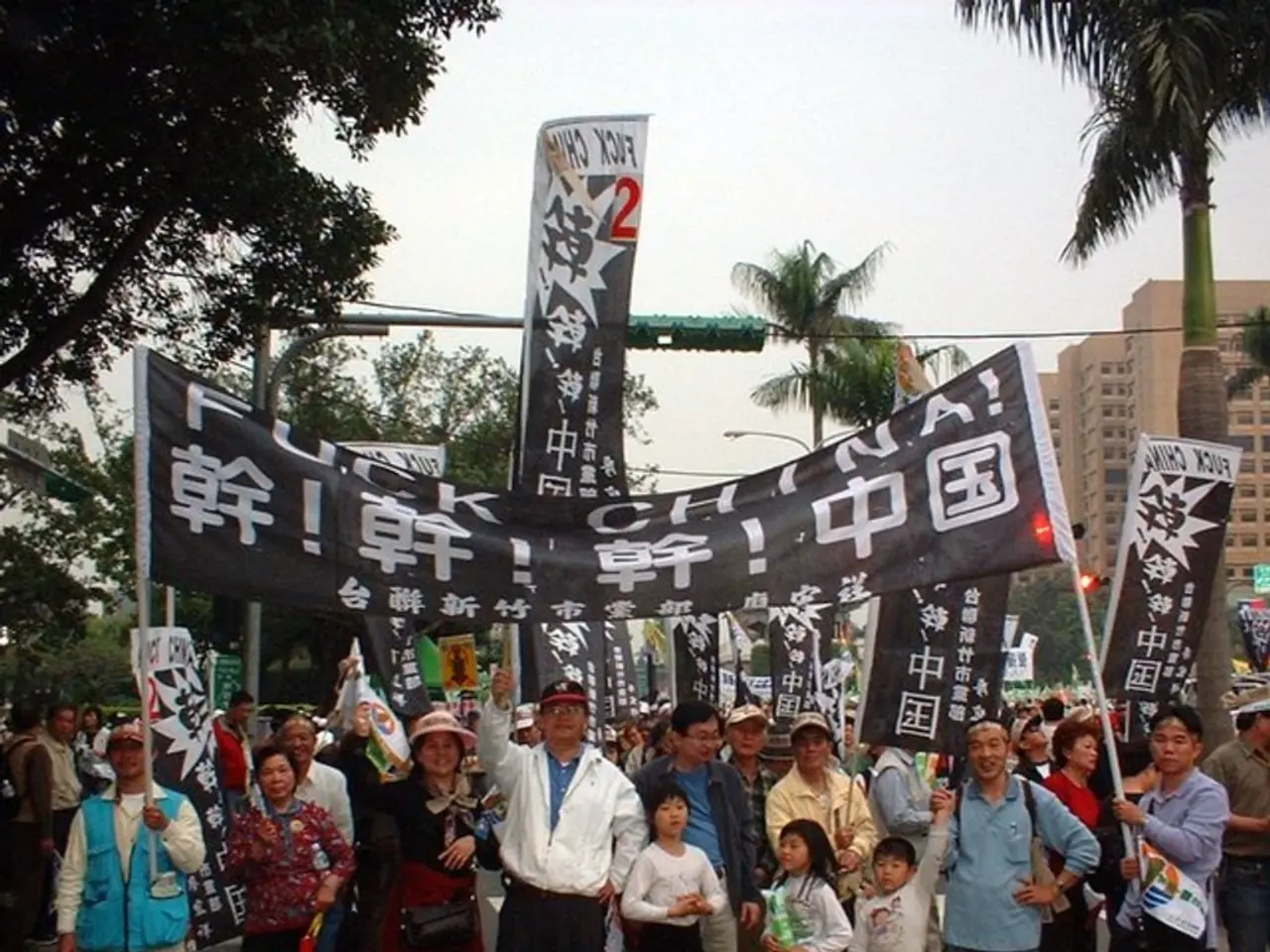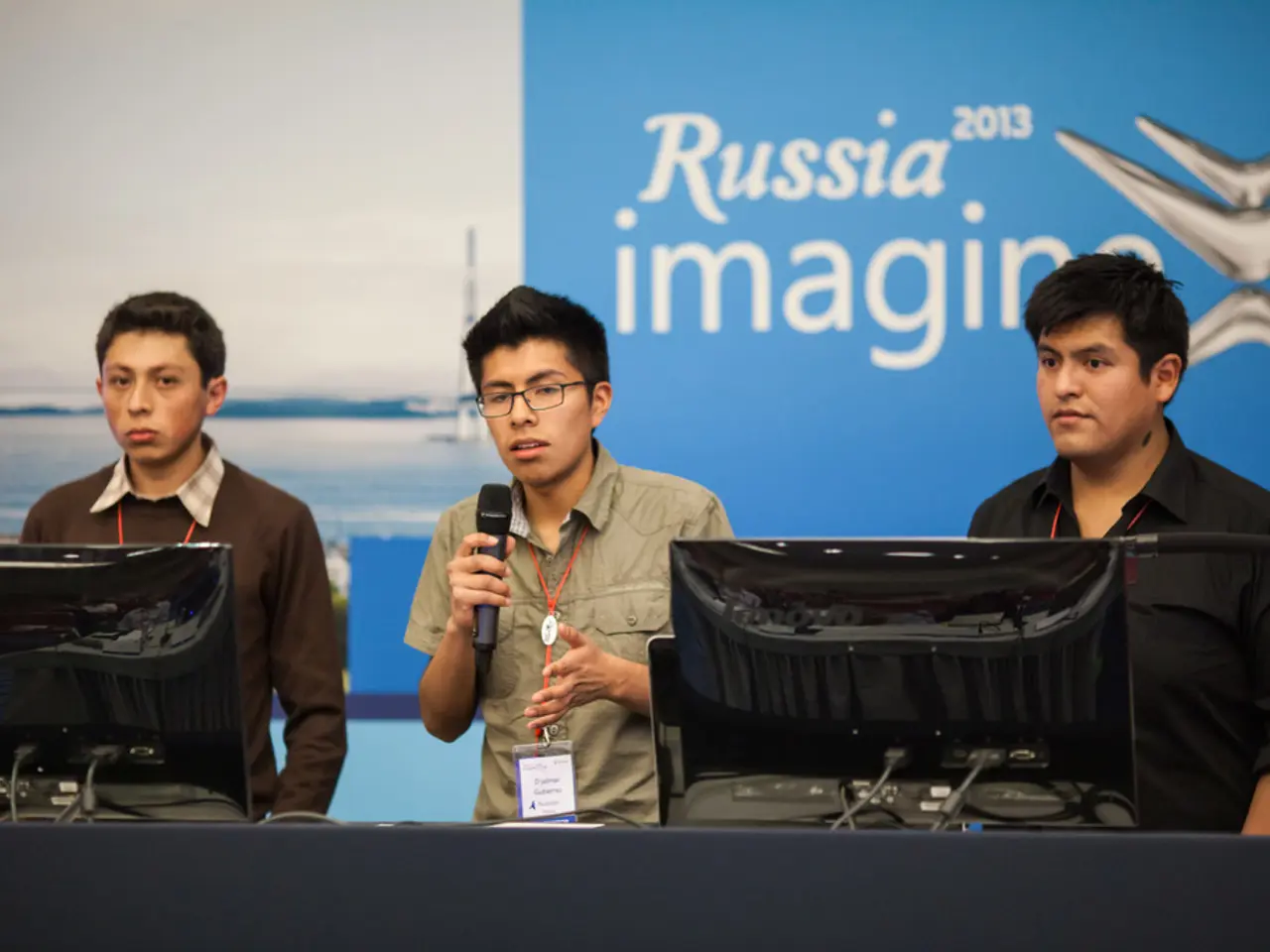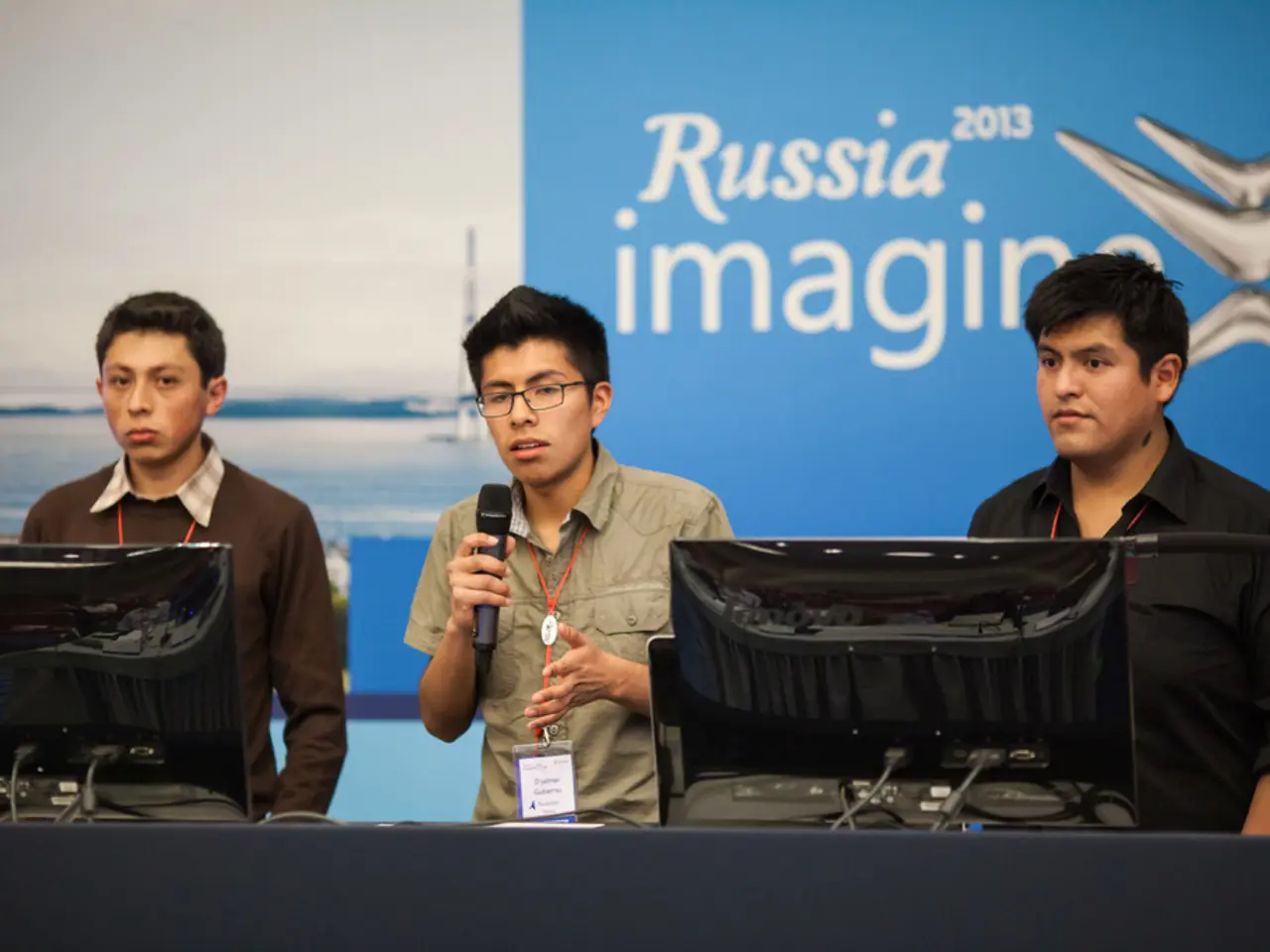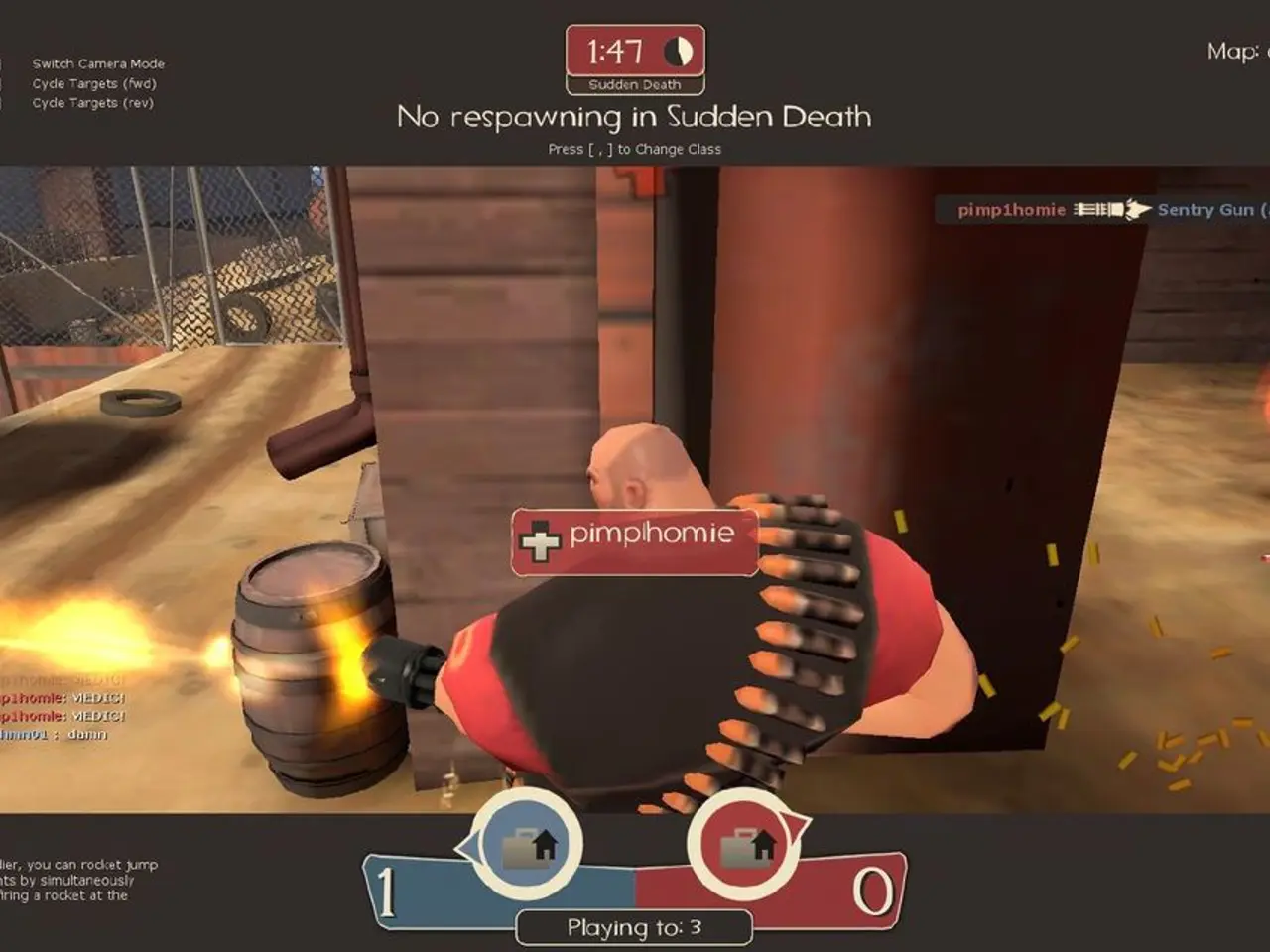Expanded Border Controls: Frustration Mounts in Border Communities, Police commend accomplishments
Germany and several neighbouring countries have extended temporary internal Schengen border controls through late 2025, primarily as a response to irregular migration and concerns over security. These measures include maintaining identity document checks, rejecting entry of unauthorised migrants, and expediting deportations of rejected asylum seekers, including to conflict zones like Afghanistan and Syria.
The border controls, first intensified in early 2025 under Germany’s conservative coalition government, contradict the traditional Schengen principle of open internal borders. Neighbouring countries such as Poland have implemented similar controls amid migration-related tensions. These actions have sparked criticism for undermining European integration and the Schengen Area's open-border standards.
Economic and Social Impact
The impact on cross-border communities and regional economies is significant. Transport sectors face estimated annual losses of around €320 million due to border delays, with heavy vehicles experiencing wait times up to an hour. This disrupts logistics, manufacturing, and agricultural sectors that rely heavily on efficient cross-border transportation.
Regional businesses suffer from longer journeys, increased costs, and reduced customer bases. Commuters face more difficult travel, affecting daily life in border communities that depend on seamless mobility.
Political and Social Tension
The restrictions symbolize a political stance on migration and public security but have drawn backlash for possible breaches of asylum regulations and heightening regional friction. The mayor of Beek in the Netherlands, for instance, has expressed chaos due to attempted detours on back roads. Meanwhile, the independent Mayor of Aachen in Germany shares similar annoyance over the controls.
Criticism and Support
Critics argue that these border controls undermine the Schengen Area's open-border standards and are populist measures that destroy EU cohesion. Some call for the immediate reform of regulations for migrants within the EU, as it cannot be that well-integrated asylum seekers without asylum rights are deported, while we are desperately looking for workers elsewhere.
On the other hand, supporters argue that these controls are necessary for maintaining security and deterring irregular migration. The Federal Police Union considers the controls a success but notes that the personnel burden is high and cannot remain as it is.
Looking Forward
Though intended as temporary, these border controls are likely to remain until improvements in the EU’s external border protection system are fully implemented, as stated by German officials. The future of the Schengen Area and its open-border principles remains uncertain, as the extended border controls highlight the ongoing challenges of migration and security in Europe.
[1] German Interior Minister Announces Extension of Border Controls
[2] Impact of Border Controls on Cross-Border Communities in Germany
[3] Poland Extends Border Controls in Response to German Measures
[4] German Officials Discuss Future of Border Controls Beyond 2025
- Critics of these border controls argue that, among other things, continued measures of a kind used in Germany and neighbouring countries, which contradict the traditional Schengen principle of open internal borders, could potentially undermine European political integration and the general-news of the Schengen Area.
- Simultaneous with the extension of border controls in Germany, television news channels continue to report on crime-and-justice issues arising from migration-related tensions, with viewers debating if these controls, implemented among surrounding countries like Poland, serve as a just response to concerns over security, or if they merely escalate the conflict and violate asylum regulations.







